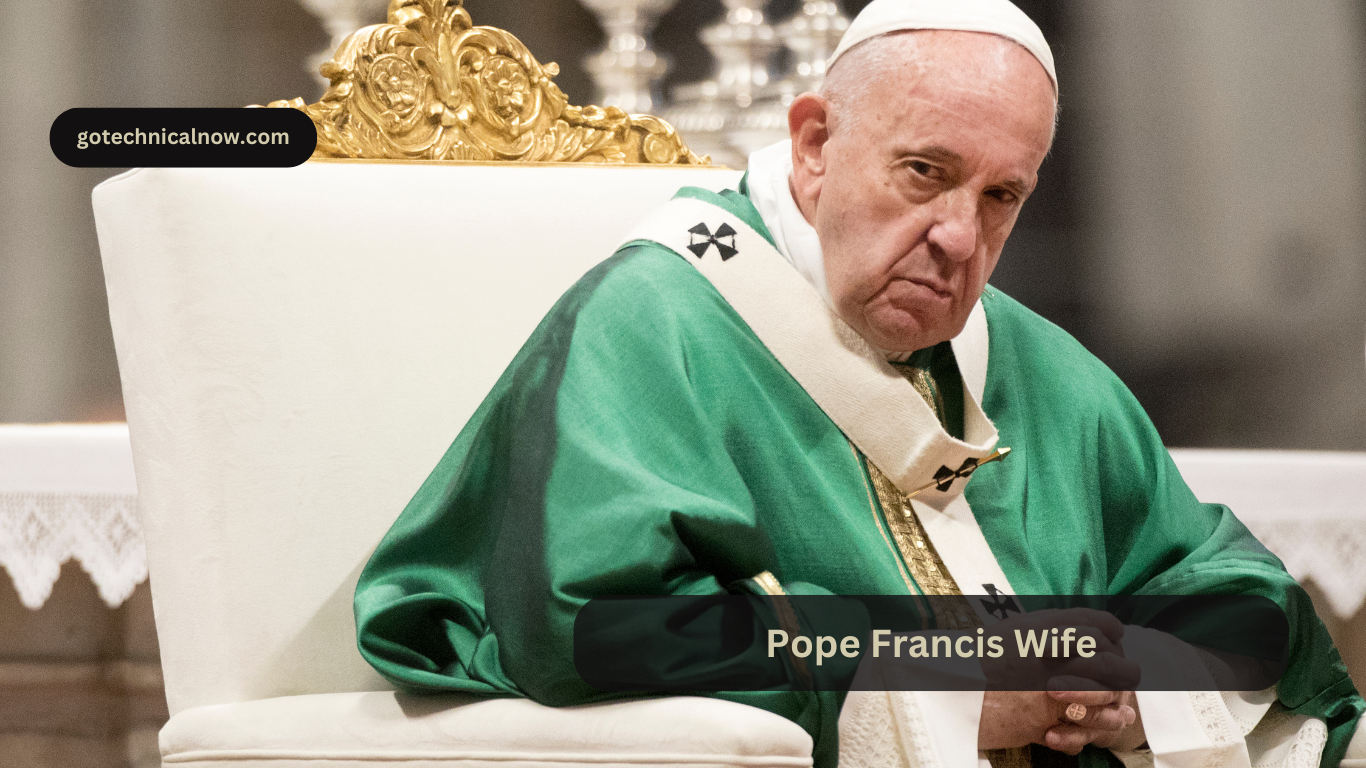Pope Francis, born Jorge Mario Bergoglio, is a figure of immense spiritual significance and a beacon of hope and social justice. As the leader of the Roman Catholic Church, his life and teachings have resonated with millions worldwide. This article explores the personal and spiritual journey of Pope Francis, shedding light on his family background, his path to the papacy, and his impact on the world.
A Vow of Celibacy and Dedication to the Church
Contrary to some misconceptions, Pope Francis does not have a wife or biological children. As a Catholic priest, he took a vow of celibacy, committing himself to a life without marriage or parenthood to fully dedicate his existence to serving the Church and its followers. This vow is fundamental to the Catholic priesthood, symbolizing complete devotion to spiritual responsibilities.
Pope Francis has consistently expressed his contentment and fulfillment in living a life dedicated to the Church. His unwavering commitment to his spiritual mission and his efforts to promote social justice have been central to his papacy.
From Buenos Aires to the Vatican: An Unexpected Journey
Pope Francis was born on December 17, 1936, in Buenos Aires, Argentina. He was the eldest of five children in a middle-class family, with siblings named Alberto, Oscar, Marta, and Maria Elena. Growing up, he was deeply influenced by the values of hard work, compassion, and community, which shaped his pastoral approach and worldview.
Before his election as pope on March 13, 2013, at the age of 76, Jorge Mario Bergoglio served as a cardinal and the Archbishop of Buenos Aires. His election was unexpected, as he was not considered a frontrunner. However, his humility, concern for the poor, and dedication to social justice deeply resonated with the cardinals during the conclave, leading to his selection as the leader of the Catholic Church.
A Leadership Marked by Simplicity and Reform
Pope Francis’ leadership style is characterized by simplicity and a strong focus on marginalized communities. He quickly gained admiration worldwide for his efforts to reform the Vatican and address contemporary social issues. His approach has reinforced the Church’s relevance in the modern world, emphasizing humility, empathy, and service to others.
One of the distinctive aspects of Pope Francis’ papacy is his commitment to living a modest life. He does not receive a personal salary; instead, the Holy See provides for all his needs, including housing, transportation, and support for his ministry. This lifestyle reflects his teachings on modesty and his desire to live as a servant of the people.
The Influence of Family Values
Pope Francis’ upbringing in a family-oriented environment has significantly influenced his values and teachings. His empathy and understanding of family dynamics are evident in his interactions with people worldwide and his emphasis on the importance of family within the Church and society at large. His familial background has played a crucial role in shaping his pastoral approach and his commitment to promoting social justice and compassion.
Historical Perspectives on Papal Celibacy
While it is rare for popes to have children due to their vow of celibacy, history records instances where this vow was broken. One notable example is Pope Alexander VI, who reigned from 1492 to 1503 and fathered several children, including Cesare Borgia, a significant figure in the Italian Renaissance and European politics. The existence of these children raised ethical questions and challenged the practice of papal celibacy, highlighting the complexities faced by the Church throughout history.
Another historical example is Pope Julius II, known as the Warrior Pope, who had an illegitimate daughter named Felice della Rovere. Despite the circumstances of her birth, Julius II maintained a close relationship with Felice and provided her with financial support. These episodes in papal history shed light on the human aspects and personal challenges faced by church leaders, demonstrating the complex interplay between personal life and spiritual duties.
A Legacy of Compassion and Social Justice
Although Pope Francis does not have a wife or children, his life is a testament to dedication, sacrifice, and unwavering commitment to his role as the spiritual leader of the Catholic Church. His journey from a humble background in Buenos Aires to the highest office in the Catholic Church underscores his profound impact on the world, rooted in compassion, humility, and a deep commitment to social justice.
Pope Francis’ teachings and actions continue to inspire millions, emphasizing the importance of mercy, faith, and service to others. For those interested in delving deeper into his philosophy, his book “The Name of God is Mercy” provides valuable insights into his views on mercy and faith.
In conclusion, Pope Francis stands as a global symbol of humility, spiritual wisdom, and social activism. His life story and leadership reflect a profound dedication to serving humanity and promoting social justice, leaving an indelible mark on the world and the Catholic Church.










